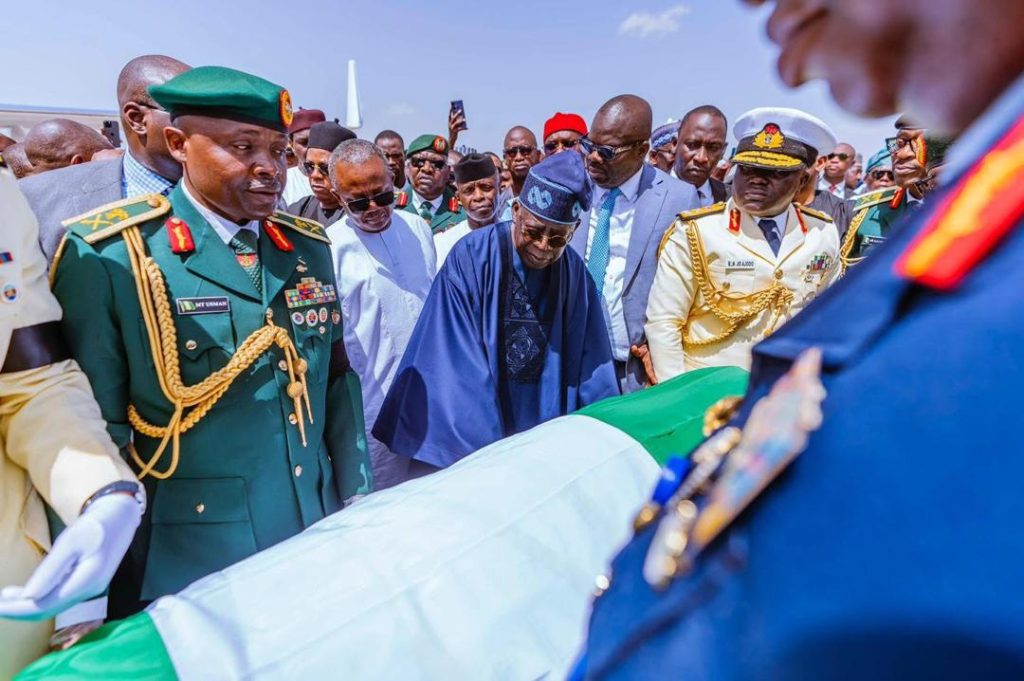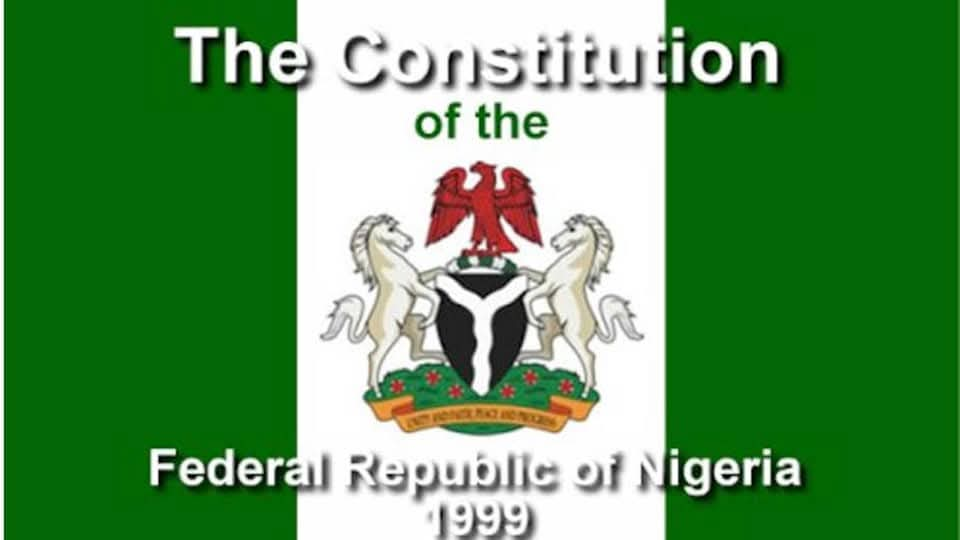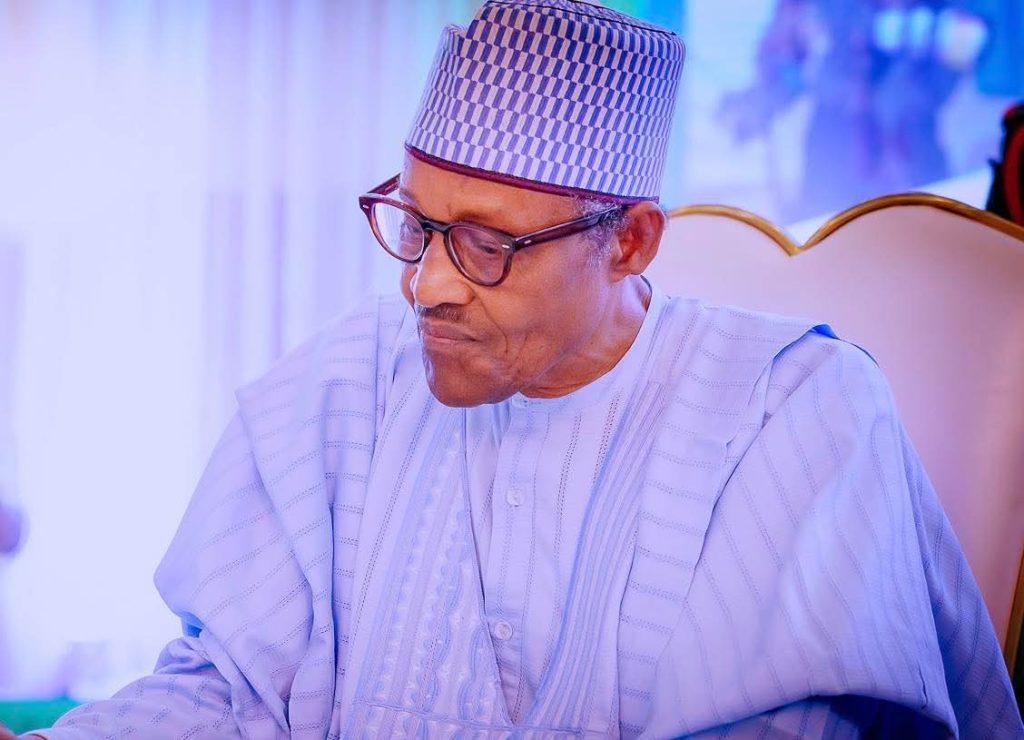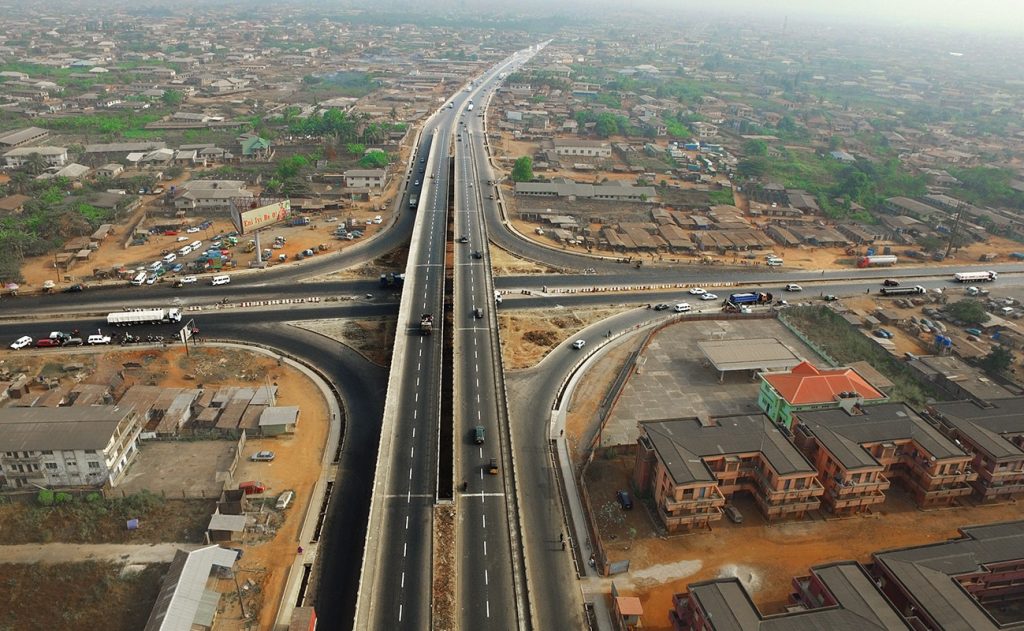Politics
Onokpasa criticizes cousin governor’s defection to APC
DDM News

Lawyer and public affairs commentator Jesutega Onokpasa has reacted to the recent defection of Delta State Governor Sheriff Oborevwori to the All Progressives Congress (APC).
According to Diaspora digital media (DDM) reports,vOnokpasa revealed during an appearance on Arise TV that he shares a blood relationship with the governor.
He clarified that their family connection would not affect his political views on the development.
According to him, despite their familial ties, Governor Oborevwori did not inform him prior to defecting to the ruling party.
“The governor of Delta State who recently defected to our party is actually my cousin,” Onokpasa disclosed during the interview.
“I don’t have the slightest idea why he defected to our party,” he added.
“He did not tell me he was defecting to our party,” he further emphasized.
Despite extending good wishes to Governor Oborevwori, Onokpasa maintained a critical stance on the political significance of the defection.
“I wish him well,” he said.
“But I don’t think it adds value to our party or it adds value to him or he adds value to Delta State,” he added.
His blunt assessment has ignited conversations within political circles, particularly among members of the APC.
Defections are often celebrated in Nigerian politics as major political victories, with parties viewing them as a boost to their influence and credibility.
However, Onokpasa’s remarks suggest that not every high-profile defection translates into political gain.
Observers note that defections can sometimes reflect opportunistic moves rather than ideological shifts or commitment to governance improvements.
Delta State, a key oil-producing state in Nigeria, has traditionally been controlled by the Peoples Democratic Party (PDP) since the return to democracy in 1999.
Governor Oborevwori, who was elected under the PDP platform in 2023, surprised many by switching allegiance to the APC.
His defection is seen by analysts as part of a broader realignment ahead of the 2027 general elections.
In Nigeria, politicians frequently switch parties, often without clear ideological reasons, raising concerns about political instability and lack of principled governance.
Onokpasa’s comments reflect deeper anxieties within the APC about whether welcoming defectors without careful screening strengthens or weakens the party.
He implied that mere numerical growth does not necessarily equate to enhanced political effectiveness or improved service delivery.
Many party loyalists fear that defectors may lack genuine loyalty to the APC’s goals and could contribute to internal conflicts.
Onokpasa’s forthright opinion therefore challenges the narrative that political cross-carpeting automatically benefits either the individual politician or their new party.
It also points to the need for political parties to focus more on strengthening internal democracy and ideological clarity.
Critics have long argued that Nigeria’s politics is driven more by personal ambition than by a commitment to public service or party principles.
Oborevwori’s defection adds another chapter to the long history of political instability fueled by opportunistic moves among Nigeria’s political elite.
Although Governor Oborevwori has not publicly explained the reasons behind his move to the APC, speculation abounds that it is connected to future political ambitions.
Some analysts believe he might be seeking protection or political relevance within the federal power structure controlled by the APC.
Others suggest it could be a survival strategy in anticipation of future legal or political challenges.
However, Onokpasa’s skepticism indicates that such moves are not always viewed positively, even within the receiving party.
His comments also highlight the growing public frustration with politicians who appear to prioritize personal interest over governance and development.
Delta State’s citizens are watching closely to see whether the governor’s new political alignment will bring tangible benefits to the state.
So far, many political observers remain doubtful, viewing the defection as another example of Nigeria’s troubling political culture.
As APC grapples with internal challenges, including leadership struggles and ideological confusion, defections like Oborevwori’s may complicate efforts at party cohesion.
Ultimately, Onokpasa’s remarks have raised important questions about the true impact of political defections in Nigeria’s democracy.
The broader implications of this latest political move are yet to unfold, but the conversation around it underscores the urgent need for political reform.
For Diaspora Digital Media Updates click on Whatsapp, or Telegram. For eyewitness accounts/ reports/ articles, write to: citizenreports@diasporadigitalmedia.com. Follow us on X (Fomerly Twitter) or Facebook












